
October 2nd and 3rd were the dates for this great tournament which gathered a record number of players: 17!
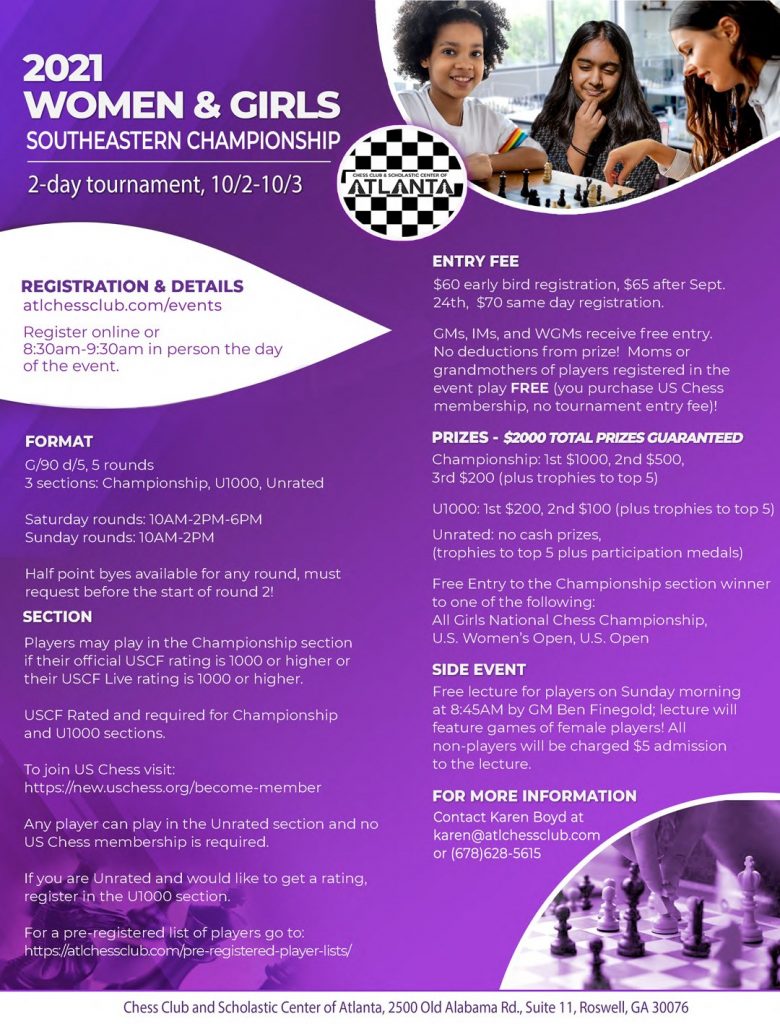
The winner was the strong Alisa Scherbakova who dominated the event with a great performance: 4.5 out of 5 points!
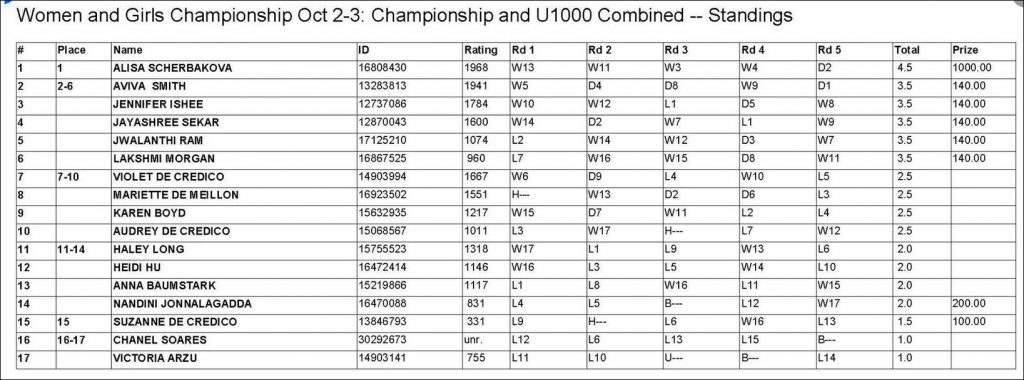
These are the games she played:
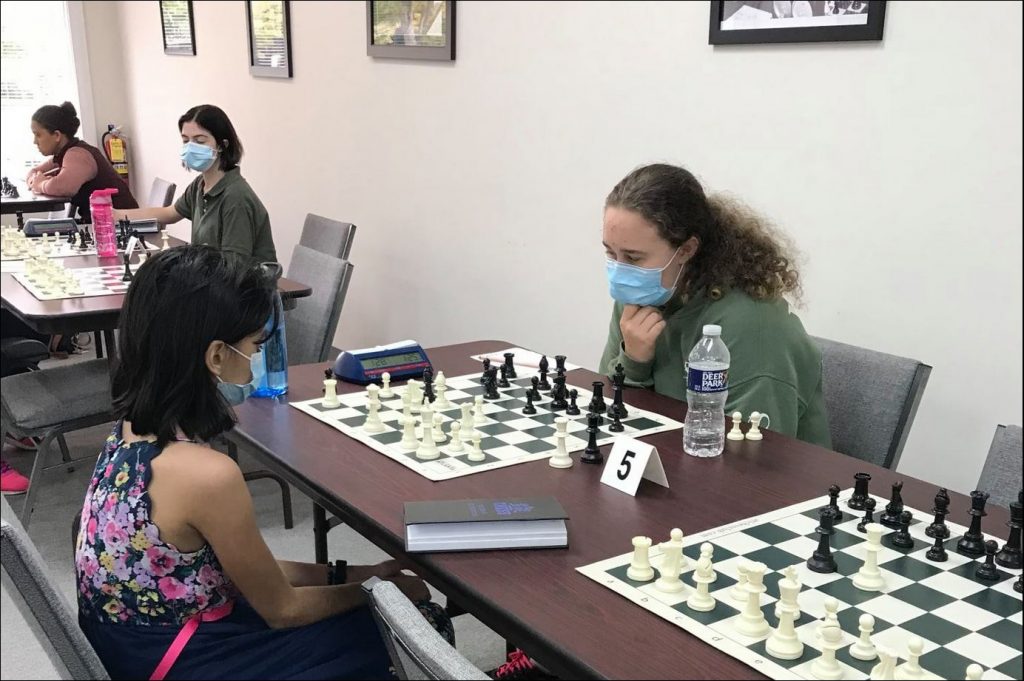
Scherbakova in 2018 won the Georgia Women’s Chess Champion title, she won that tournament with a dominating performance of 3.5 out of 4 points! (more can be found in the following article: https://en.chessbase.com/post/georgia-state-women-s-chess-championship)
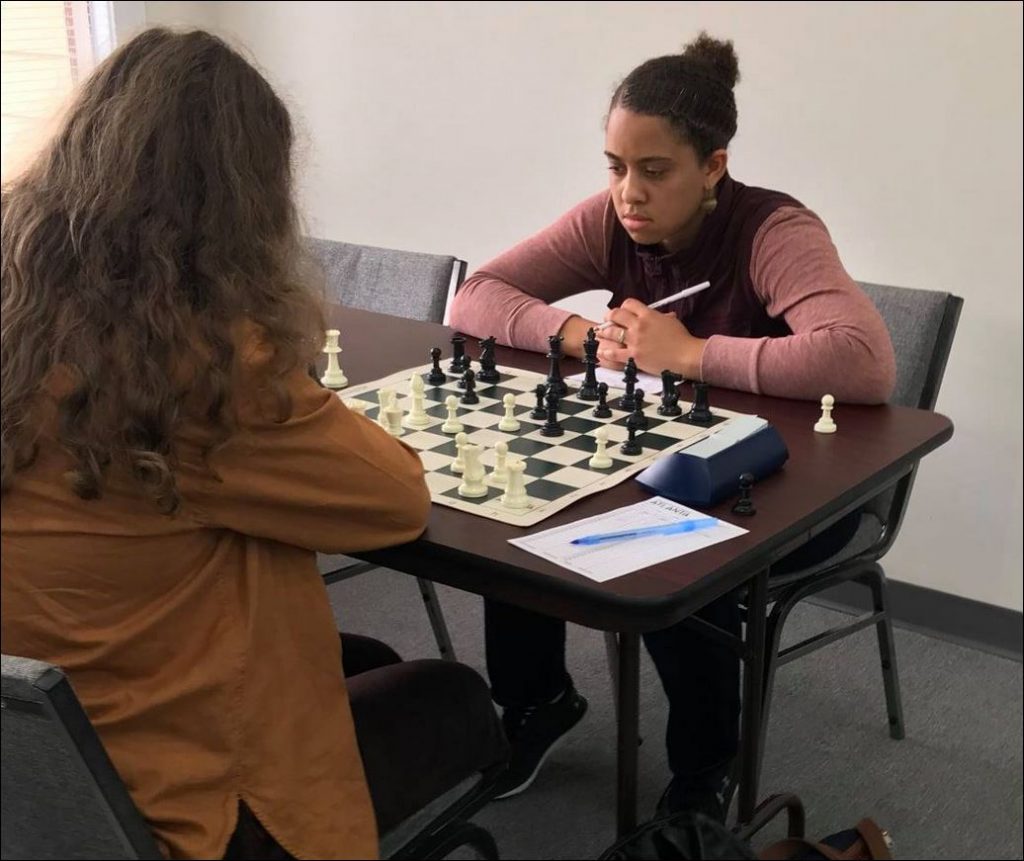
Miss Scherbakova kindly agreed to a small interview, following her success, to share her preparation and chess philosophy.
Davide Nastasio: I saw that you play in few events why is that?
Alisa Scherbakova: In the last few years, I have not participated in any live tournaments because of the pandemic. But I am glad that the chess world was fast to adapt to new circumstances and now we have more online tournaments than ever.

DN: Do you play online often? And if the answer is yes, which time controls do you prefer?
AS: I do play online a lot and prefer 5-minute control. Recently, I often take part in competitions on Lichess as I am a member of the team called Belarus Freedom. Last year in my home country massive anti-government protests followed electoral fraud. Many leading athletes publicly supported protesters and later lost their funding and possibilities to represent the country in competitions because of political repressions. Now our club consists of 507 members among them 10 grandmasters, 8 international masters, and many FIDE masters. As a team, we participate in many national and international blitz tournaments and use cash prizes to financially support repressed chess players. Thus, chess for me now is a form of political activism. Actually, I am happy to see that chess is used as an instrument of social change across countries. Here in Athens, Georgia, we have a powerful non-profit organization Chess and Community created by Lemuel LaRoche. This program utilizes chess to help youth to develop critical and analytical thinking skills, manage impulsiveness. The goal of the program is to develop youth to transform community.

DN: How do you prepare for a tournament like this one?
AS: For me, two major components of preparation are being in a good physical condition and repeating openings. As we had 5 rounds 2-day tournament, I played 3 games the first day and it was more than 9 hours of playing. During the game, I usually highly concentrated and calculate a lot, so tournaments are extremely mentally and physically taxing for me. Therefore, good sleep, nutrition, and physical endurance are crucial. Openings are my major weakness and I usually focus on repeating same variations, as I feel very confident in a middlegame.
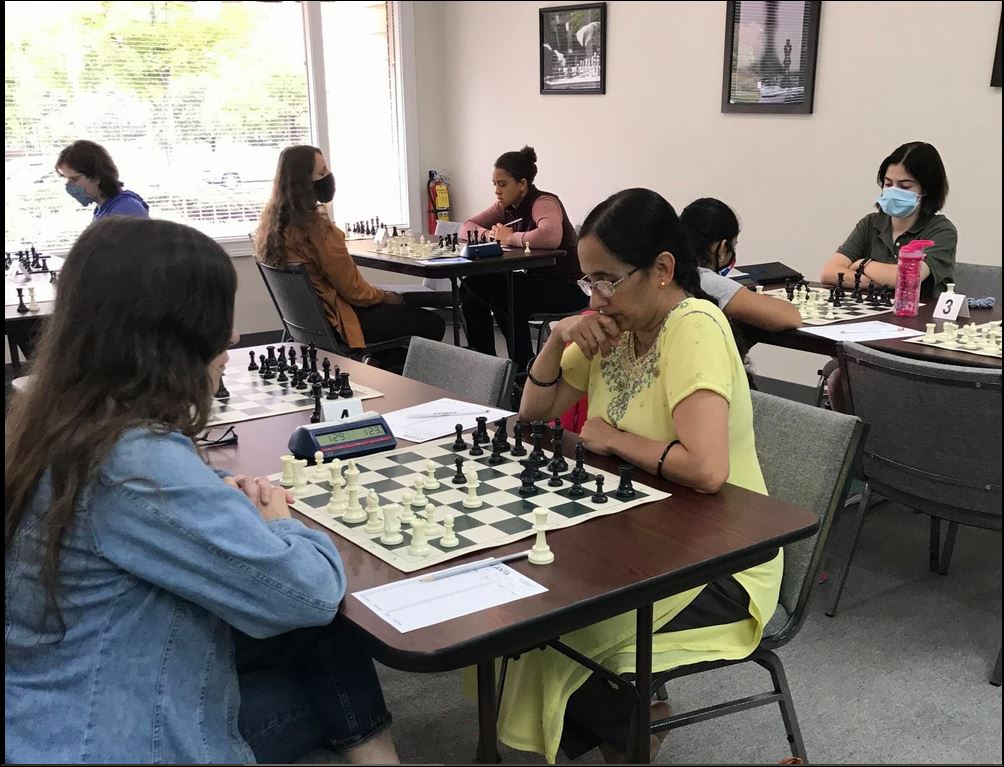
DN: While many people don’t believe chess is a sport, at top level is clearly experienced as such, and when winning many have the typical adrenaline rush experienced in many sports. What about you, and your experience/s with chess as sport?
AS: Chess is definitely a sport and I completely disagree with those who think otherwise. Every sport includes a competitive component and, obviously, chess is not an exception. During long exhausting tournaments I sometimes thought that I would rather run a marathon than play for 5 hours every day under a high level of stress and tremendous cognitive load. As I played competitively since childhood, I do not understand the concept of “playing for fun”. The only fun thing for me is to win, and I always put a lot of effort to achieve my goal. Overall, chess is definitely a sport for those who play to compete.

DN: The nature of the Polgar’s experiment is generally forgotten or considered a blip. Yet, he proved he could get 3 kids and make them chess champions independently from gender. It also proved a united front as parents is quite effective. The news in the chess community of the other day is another 8 years old girl passed the 2000 rating, and here in US we have the youngest GM in history (his family claims to have spent 270K in chess). Wouldn’t that be proof that parents are more important as influence than society?
AS: It is a very interesting and difficult question to answer. I think that chess talent includes several components, such as a high level of IQ, creativity, and commitment. But to fulfill the potential family support is crucial, as competitive sports require serious investments and talent is not enough. Parents should make important decisions when choosing the best coaches and sponsoring a child’s participation in strong tournaments.
I think that social factors play a more important role in the case of female chess players. Sisters Polgar initially focused on performing on a top-level among all players, not only in a women’s championships niche. I suppose that if we exclude women’s championships, more women grandmasters will appear because of increased competitiveness. But will female chess players support the idea of excluding women’s chess championships? I know that also in the field of STEM women are highly underrepresented and one of the factors of underrepresentation, as well as in chess, is low expectations. I hope that in the future parents and coaches will resist stereotypes and encourage girls to compete on the top levels in male-dominated fields.
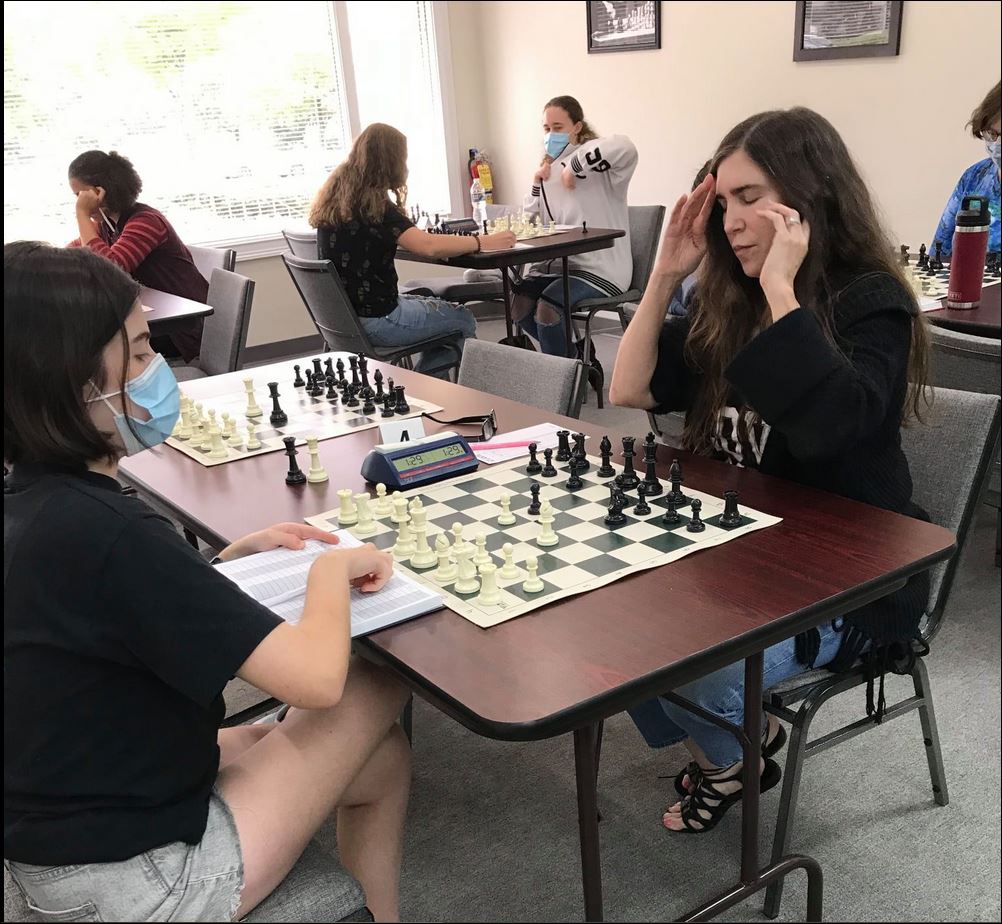
I want to thank you Alisa for dedicating the time for this interview, and for providing the games she played, and of course a big thank to Karen Boyd of the CCSCATL for letting me use the pictures of the events.

Bruce Davis, Sr.